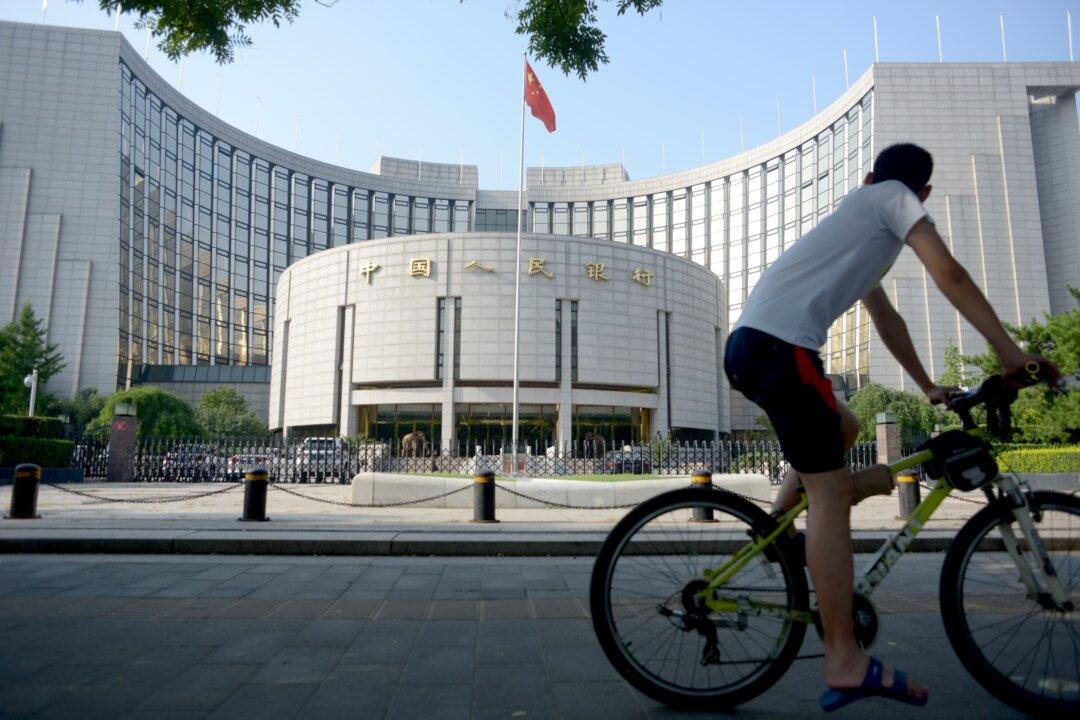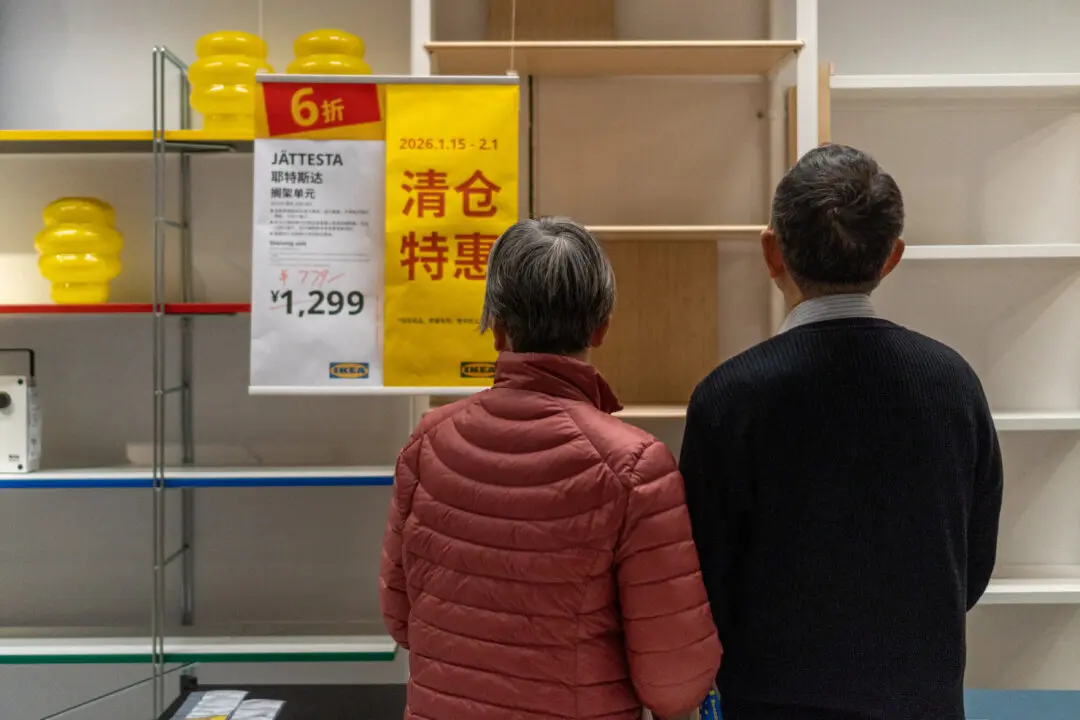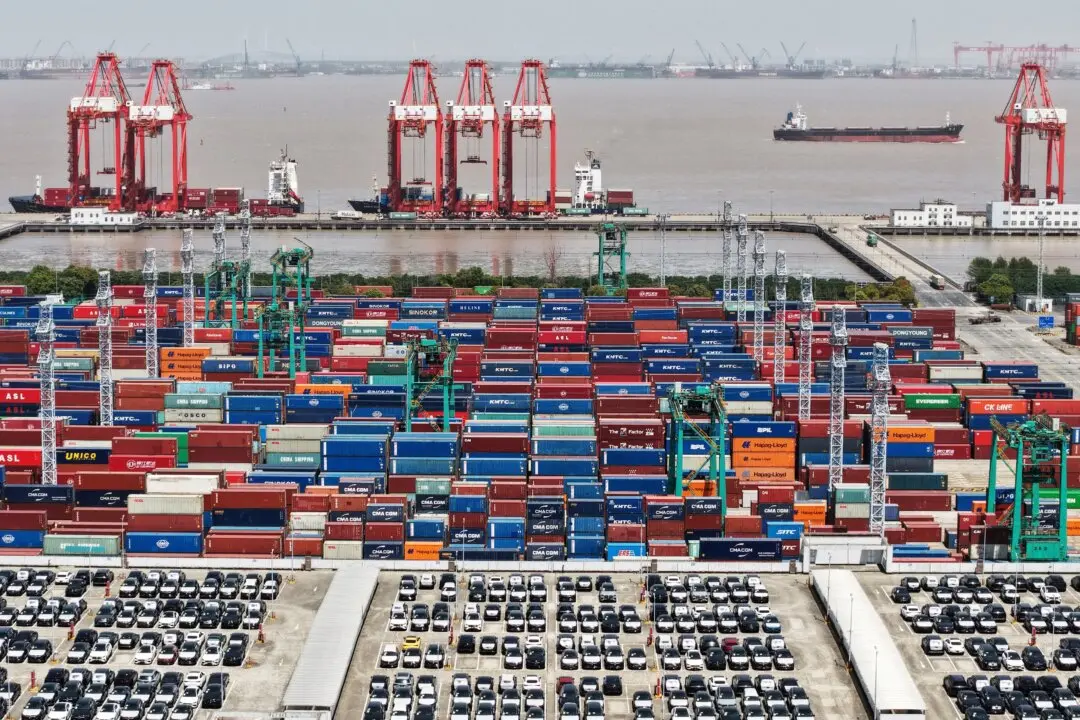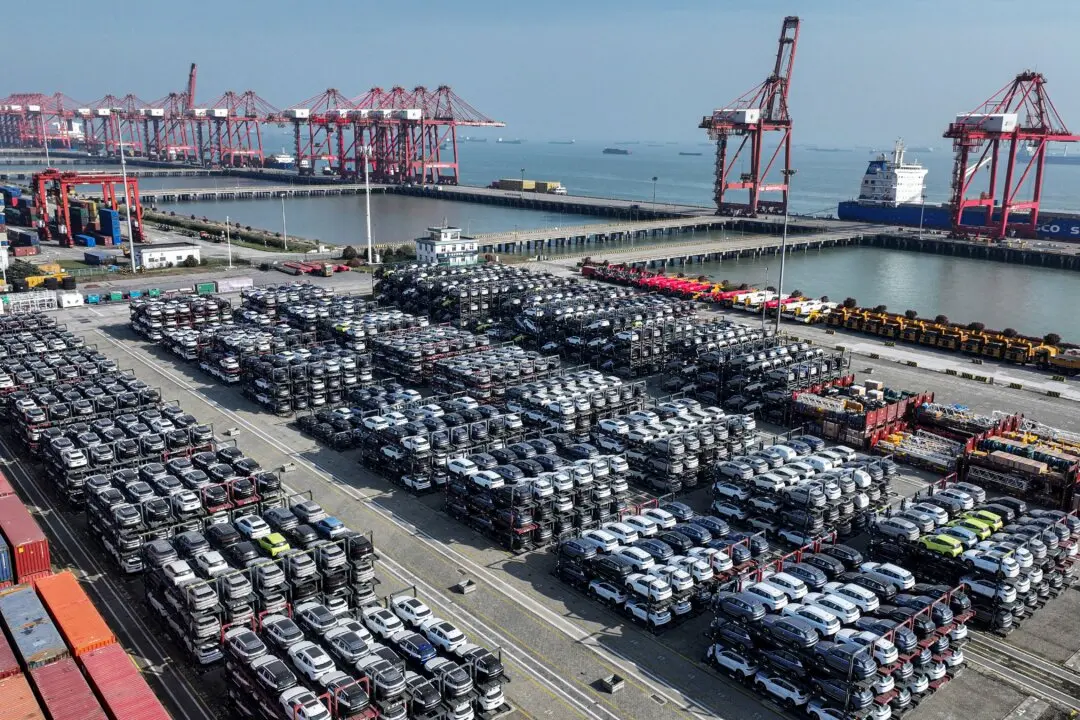Commentary
Chinese investors are pouring money into government bonds. They have bid up prices that, in the way of bond math, have brought yields down to near-record lows. The move has upset People’s Bank of China (PBOC) authorities, who have expressed considerable concern over what will happen to China’s financial stability when the rally reverses and people, especially banks, suffer losses.





